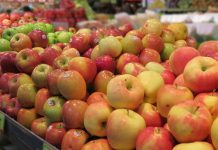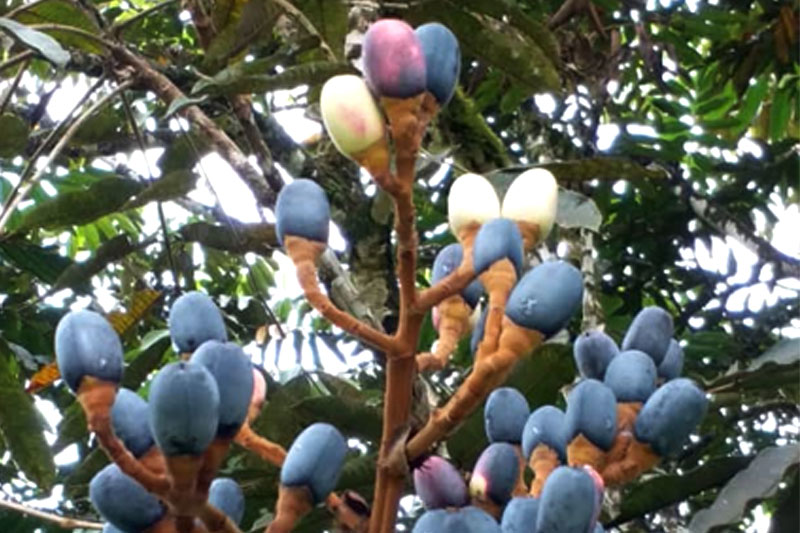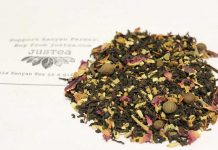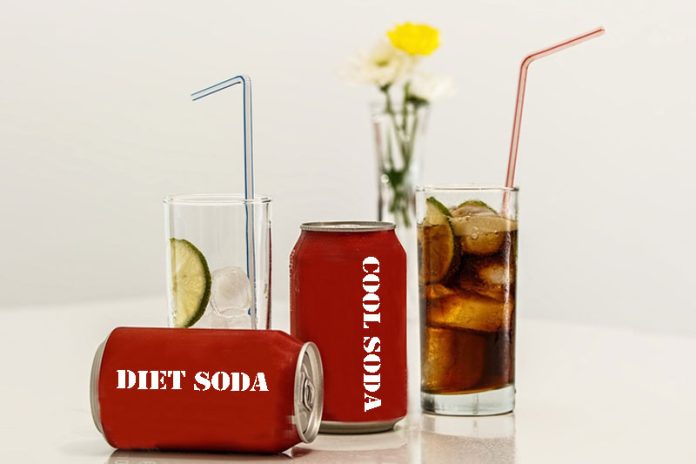
Carbonated drinks and fruit juices post a hidden threat to your heart health, according to a newly released study
The recent study reveals concerning links between carbonated beverages and fruit juices. Researchers found these drinks heighten the risk of stroke, particularly ischemic stroke and intracerebral hemorrhage (ICH) when consumed in excess.
This raises serious concerns among health professionals about the cardiovascular impacts of these popular beverages.
This study included participants from Europe, the Americas, and Asia. The findings highlight important regional differences in health risks and emphasize the need for dietary adjustments.
In a surprising twist, fruit juices—often marketed as healthy alternatives—also showed an increased risk of ICH.
While fruit juices provide essential vitamins, their high sugar content can lead to adverse health outcomes when consumed excessively. The study defines pure fruit juice as 100% freshly squeezed juice without additives.
However, many products labelled as fruit juice come from concentrates and contain added sugars and preservatives. As a result, the health benefits of fruit juice are likely less than those of whole fruit, which contains more fiber and vitamin C.
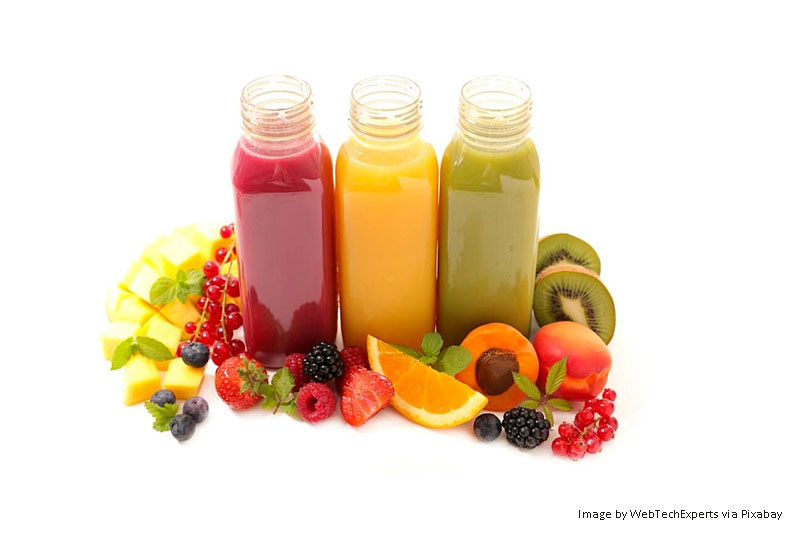
Hydration: A Key to Stroke Prevention
In contrast, researchers found that high water consumption reduces the odds of ischemic stroke. This underscores hydration as a crucial protective factor. Prioritizing water intake can serve as a simple yet effective strategy for improving overall health.
Sweet Deception: The Hidden Dangers of Artificial Sweeteners
Many consumers turn to artificially sweetened beverages (ASBs) as healthier alternatives to sugary drinks. However, a 2019 study involving over 81,000 postmenopausal women raises serious concerns.
The research links high ASB consumption to an increased risk of stroke, especially the small artery occlusion subtype. It also associates ASBs with coronary heart disease and higher all-cause mortality rates.
Women who consume two or more ASBs daily face significantly higher risks, particularly for small artery occlusion ischemic strokes.
A typical ASB size would be a 12-ounce can. Black women experience a notably greater risk compared to their white counterparts. This disparity raises critical questions about dietary habits, genetic predispositions, and lifestyle choices.
These findings highlight the potential metabolic dangers of artificial sweeteners. They call for further investigation into the impact of ASBs on women’s health as dietary choices receive increased scrutiny in the fight against chronic diseases.
Diet Sodas: A Risky Choice for Heart and Brain Health
Additionally, a 2017 analysis from the Framingham Heart Study raised concerns about the perceived healthiness of artificially sweetened beverages. Researchers found that higher intake of diet sodas is associated with nearly a threefold increased risk of ischemic stroke and dementia among participants over 45.
In contrast, sugar-sweetened beverages showed no such associations. Researchers emphasize the need for further investigation to understand the long-term health implications.
These three studies highlight a troubling connection between carbonated beverages, fruit juices, and diet drinks with increased stroke risk and cognitive decline.
With the expanding evidence, careful assessment of beverage choices is crucial for long-term health. Prioritizing water consumption can be a vital step toward a healthier lifestyle. Stay informed and make mindful decisions to protect your well-being.



